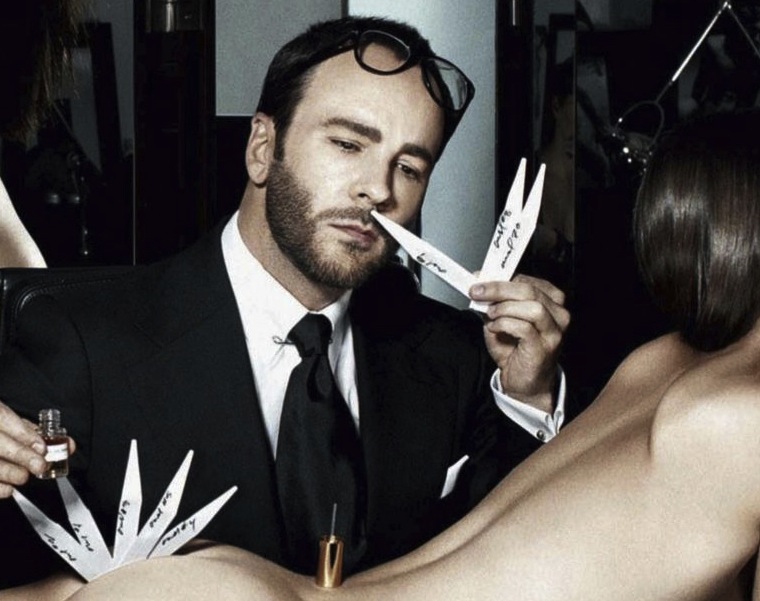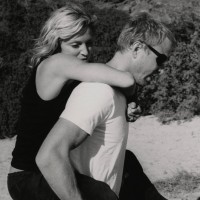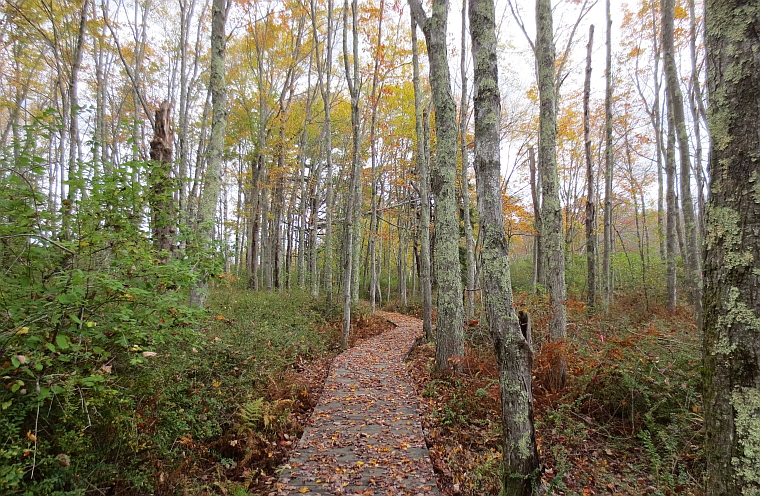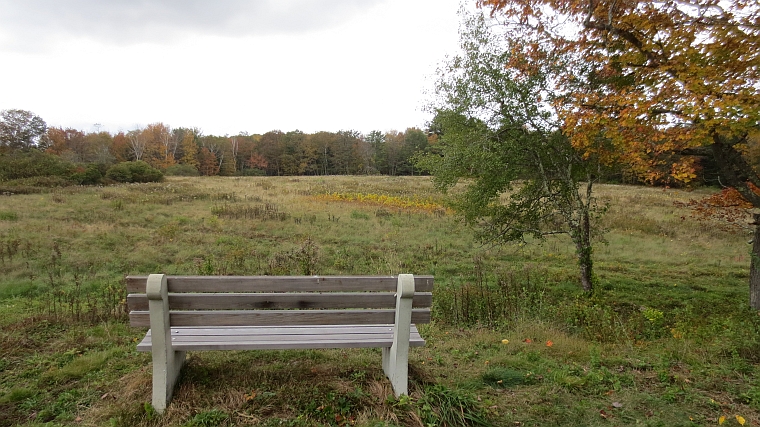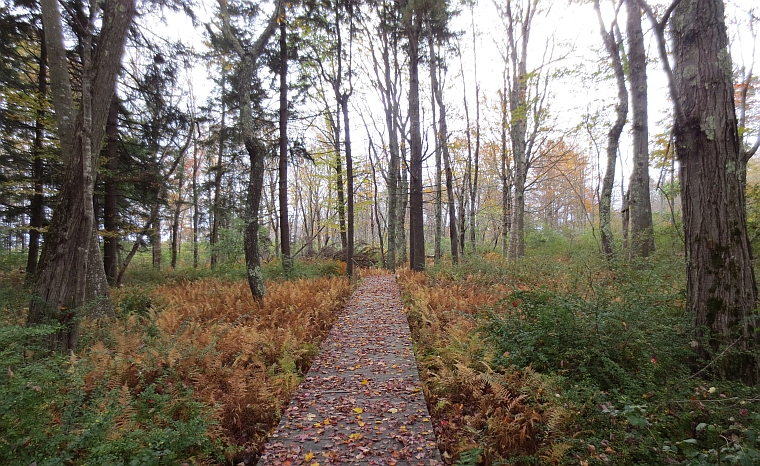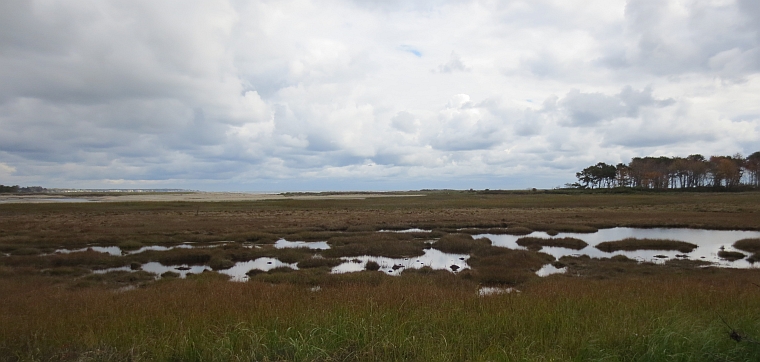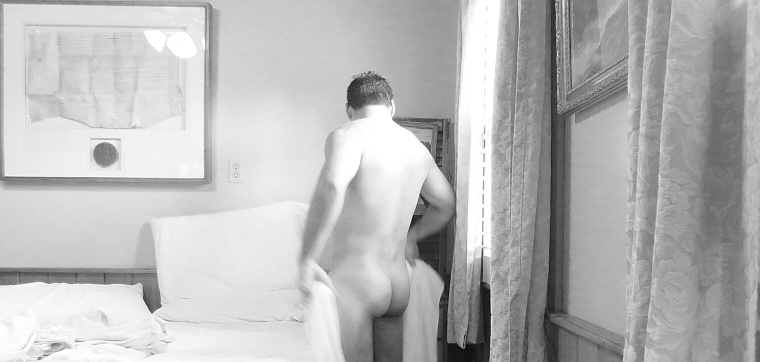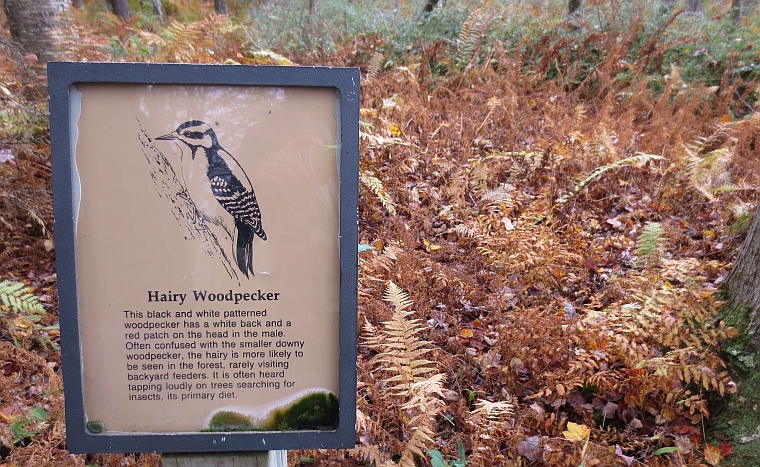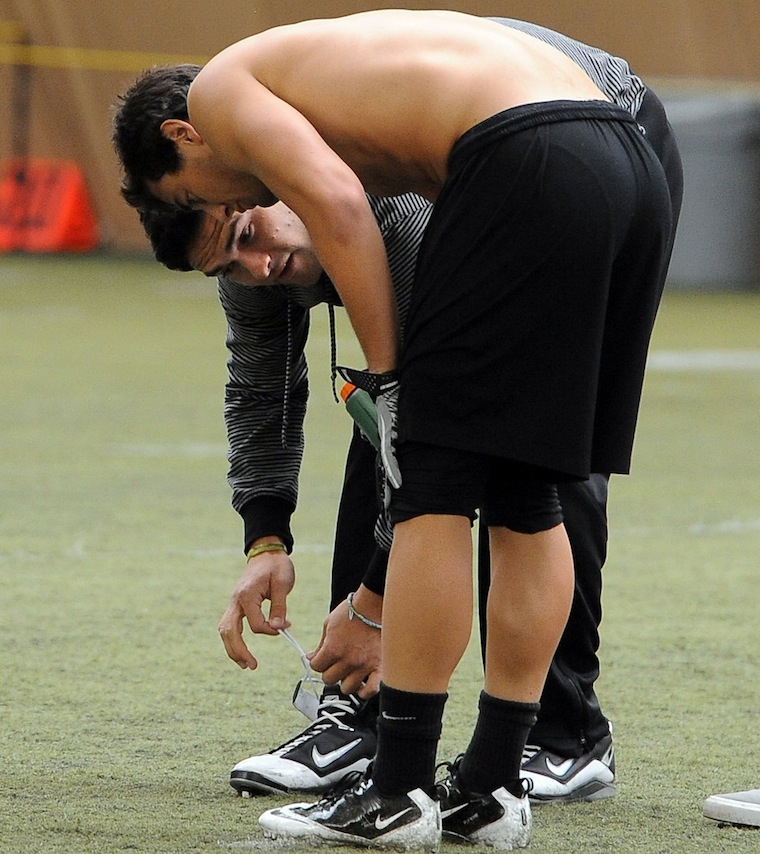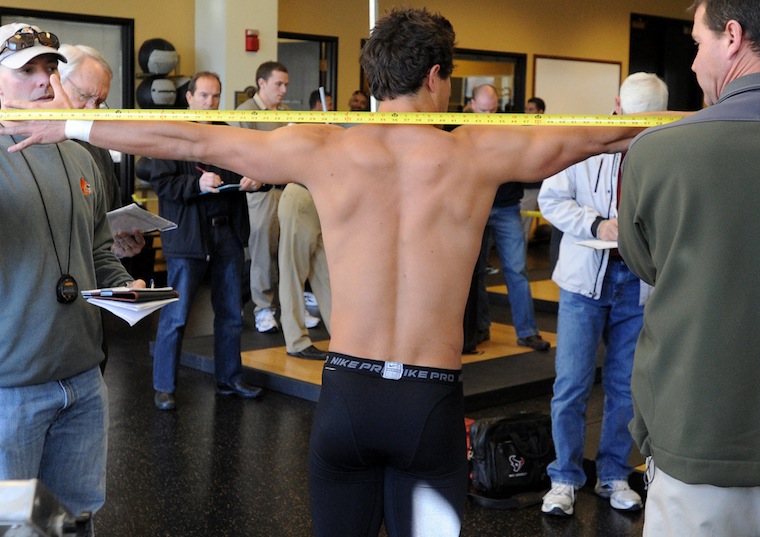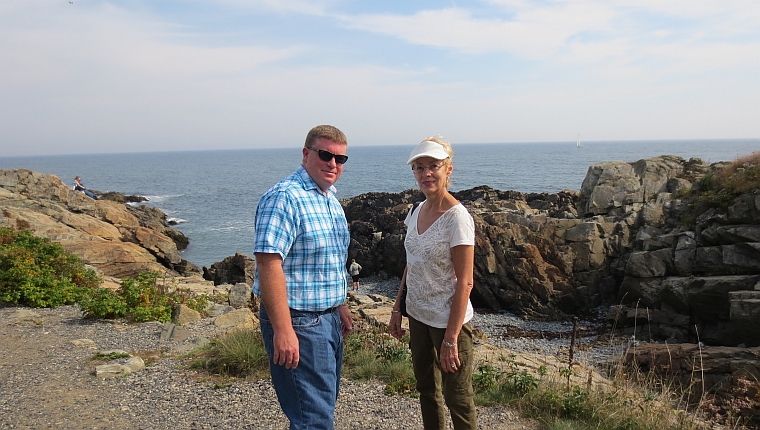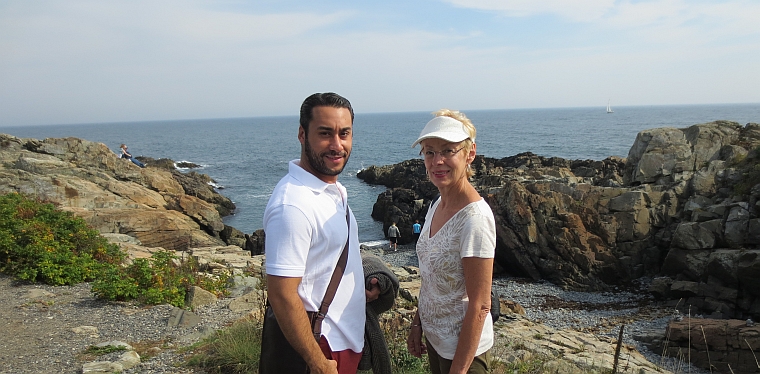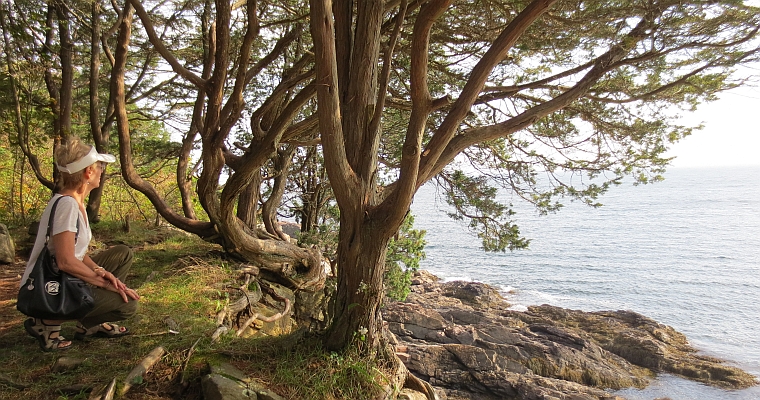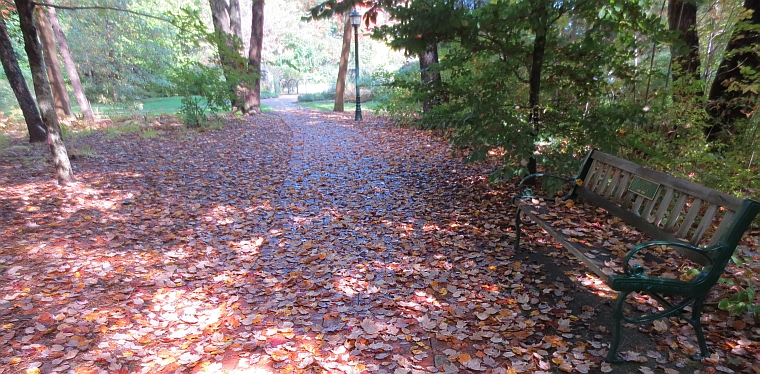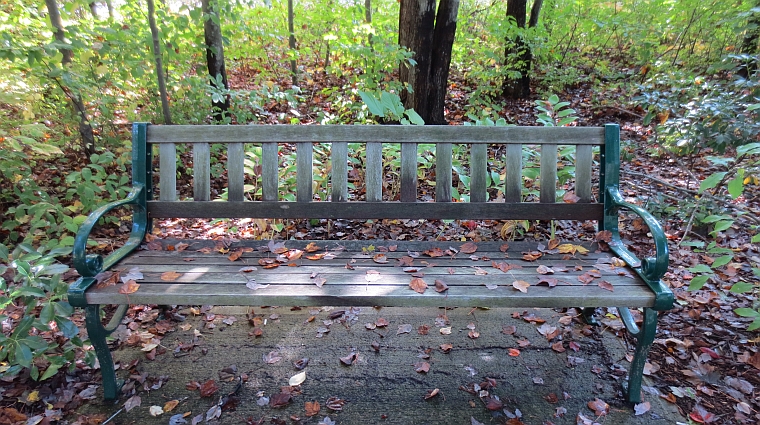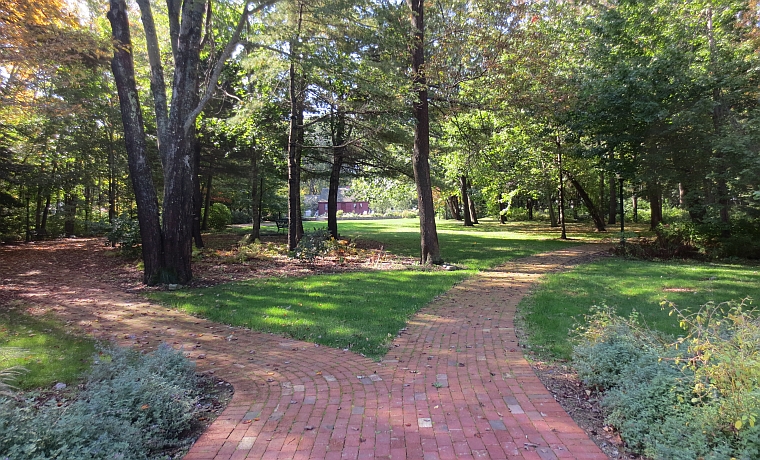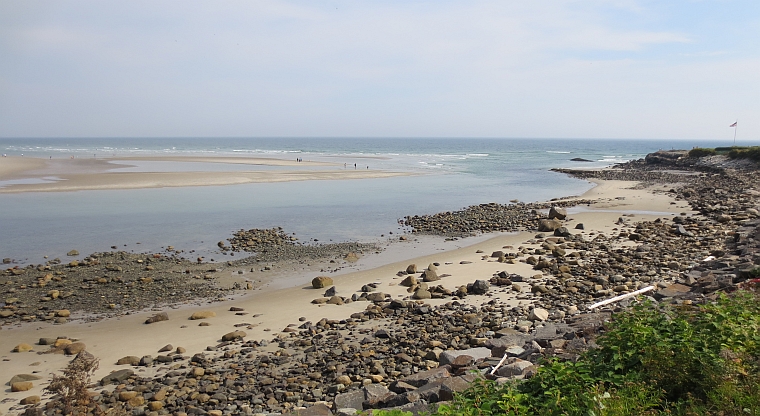Sitting by the elevator on the upper floor of the Limited/Express/Structure building in Fanueil Hall in the Fall of 1995, I listened to ‘Waiting in Vain’ by Annie Lennox. To this day, I cannot listen to it without thinking rather fondly of that time in my life, when I got my first official job on my own. For that moment, on the leather chair by the elevator, Ms. Lennox was wailing about waiting, as I sat waiting for my final interview of the day.
I’d spent the entire morning, and the first part of the afternoon, traipsing through Quincy Market and the tourist traps, so desperately did I love Boston and want something to do with it. I came to the epicenter of tourist life, because despite its cheesy trappings, there was something old-school and comforting about the area where my Mom had first taken me and my brother so many years ago. I stopped in at every bull market and store front, inquiring whether anyone was hiring, scoping out places where I thought I might fit in (there were none), and filling out applications on all sides of the cobblestone walks. It felt hopeless. No one was interested, no one was hiring, and no one was impressed with my backpack. (There, you see, I wasn’t always what I am today.)
As I neared the very end of my path, which was right where I started, the stand-alone multi-floored building that housed the Limited and Express and Bath and Body works, and what was then Structure, stood blankly but forbiddingly to my left. I looked up at it, shrugged, and gave it my last bit of effort.
For some strange reason, the idea of working in a clothing store had never crossed my mind. I was looking for a quieter gift shop of some sort, where I could lazily lounge around selling bits of Boston to hapless tourists. Yet suddenly the universe sent me up to one of the top floors, where the elevator opened to a cove of men’s sweaters, displayed pristinely on a black table before me. I stepped out into the rather empty store, where music played and display lights sparkled. Lifted up from the ground, I felt safely removed from the city – in the same way I’ve always felt when looking out from the window of any high-rise in Boston. A sudden, small sanctuary ~ a respite from the unfruitful day. I asked one of the workers if they might be hiring. He told me to wait while he got a manager.
This is when I sat down and listened to Annie Lennox. I shifted in my seat as she sang about waiting in vain for love. Around the corner, a woman came walking toward me. I felt tired and bedraggled, at the end of my tether, and ridiculous with a college kid’s back-pack strapped to my shoulder, but she shook my hand, introduced herself as Barrie, and took me into the back office. We sat down and she had me fill out an application, then asked me some questions. Was this an interview then? I had no idea. It was my first lesson that very few things in life would ever be explicitly spelled out, particularly when it came to jobs. There was a code language involved, more ‘How-would-you-feel-about’ or ‘Might-you-be-interested’ than ‘Do-you-want-the-job-because-we-want-to-hire-you?’ So much obtuse carefulness made my head spin, but I was too tired to care, and I figured nothing would come of this anyway, so I just recited the most honest answers I could, my mind already on the commute back to the dorm.
“Why do you want to work here?” she asked as one of the final questions.
I paused, mentally running through the stock answers of building a better fashion world, helping others in their quest for sartorial improvement, or my simple dream of working in Boston – the one I’d had since I was a child. But none of them seemed to impress, so I blurted out the most basic truth that came to mind:
“Because I like to shop, and I’m good at it.”
I laughed as I heard myself say it out loud. She stopped me.
“No, that’s great,” she reassured me. “The best workers we have are the ones who love to shop, who know the merchandise, and who know how to talk to people about clothes.” I stopped laughing. For perhaps the first time in my life, the notion that I might actually be great at something truly astounded me. I’d been good at a great many things, but great at none of them. Here, for the first time, without any help from parents or friends, in a store and a city where nobody yet knew me, someone – a stranger no less – saw something of value in what I might do. I will always remember and be thankful to Barrie for that – she gave me my first chance to see something that no one else had seen, even myself.
In a month, I would become their number one performer, opening up more credit cards than anyone else, racking in the highest ADS (average sale amount), and getting the most shifts of anyone other than management (about 35 hours a week – which I didn’t realize at the time was practically a full-time job) – all the while going to Brandeis full-time. My days, and most of the nights, were full – with commuting, working, and school – and I look back at that schedule then and wondered how I did it. At the time, I didn’t even notice. I loved it, I was good at it, and, for the first time, I felt like I belonged.


